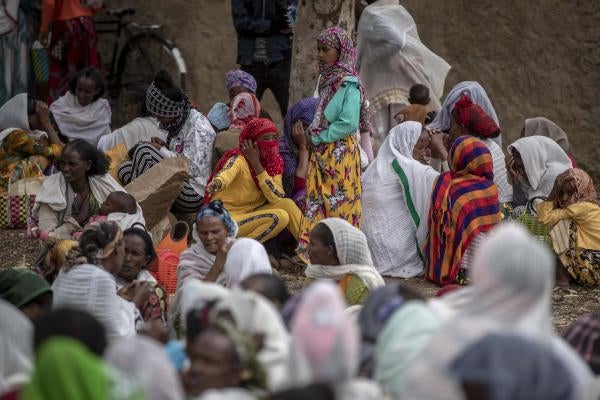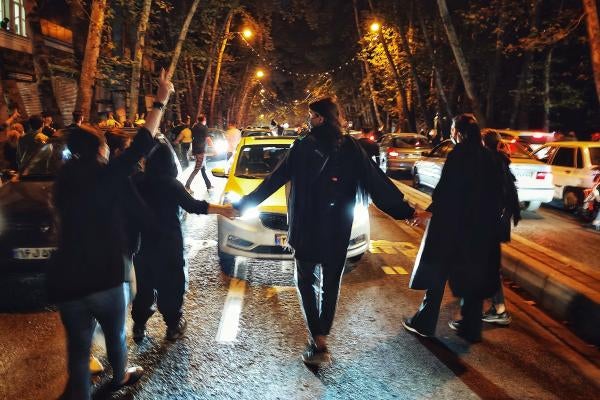Two years since the outbreak of a devastating conflict marked by using rape and starvation as methods of warfare, there might be a glimmer of hope for Ethiopia’s Tigray region and its six million people.
Following talks in Kenya’s capital Nairobi last week between senior military commanders of Ethiopia’s armed forces and the Tigrayan forces the warring parties have agreed, to ensure “unhindered humanitarian access to all in need of assistance in Tigray and neighbouring regions,” according to a joint statement. The news couldn’t come at a more critical time.
The conflict has led to one of the world’s worst humanitarian crises. After the Ethiopian government’s two-year-long chokehold on humanitarian assistance to the region thousands of Tigrayans are at risk of starvation. For months, doctors and aid workers in Tigray have been racing against time to keep desperately sick or malnourished people alive. Healthcare has been reduced to a minimum with access to medicines scarce. Hundreds have died from normally treatable diseases.
While the news was cautiously welcomed by humanitarian organizations, much will depend on whether an agreement to seize all hostilities that was negotiated in South Africa at the beginning of November will hold. The last truce crumbled in late August.
Even more crucial for lasting peace, however, will be to ensure justice for the horrific crimes committed during this war. These include murder, torture, forcible transfer, rape, sexual slavery, persecution, enforced disappearances, widespread pillage, imprisonment, possible extermination, ethnic cleansing and other inhumane acts, many of which might constitute war crimes and crimes against humanity.
While the South Africa agreement calls for a “transitional justice policy framework to ensure accountability, truth, reconciliation and healing”, it does not offer a clear roadmap on how to ensure this. Nor does it explicitly mention the situation for civilians in Western Tigray zone, the site where an ethnic cleansing campaign took place.
In short, without a clear commitment to investigating and prosecuting these atrocities, impunity - which has taken root over the past two years - will prevail and inevitably drive further abuses.
“The cessation of hostilities in northern Ethiopia after nearly two years of bloodshed is a critical moment to end atrocities and the immense suffering of millions of civilians,” says Carine Kaneza Nantulya, deputy Africa director at Human Rights Watch. Now, Ethiopia’s partners and the agreement’s backers “need to make clear that accountability for the gravest crimes will remain on the agenda so the countless victims of this heinous war can obtain a measure of justice.”







